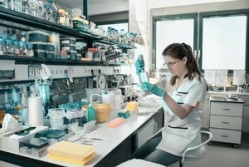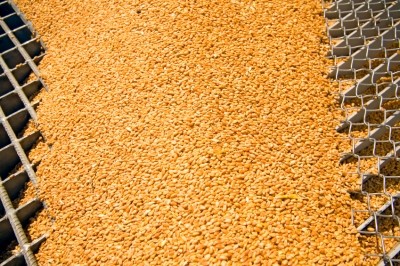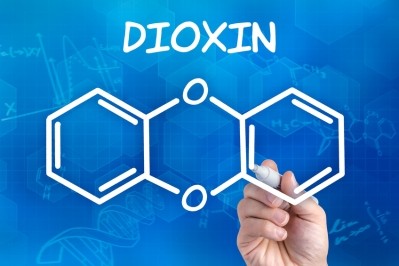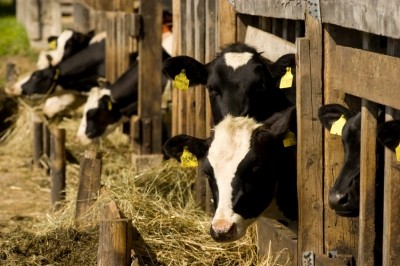EU: Imported tocopherols must undergo 100% batch dioxin testing

EU member state representatives voted for the modifications in early June.
Imported batches of crude coconut oil, animal fats, fish oils, oils and fats recovered from food business operators, blended fats and oils, tocopherols extracted from vegetable oil and tocopheryl acetate and products derived from oils and fats, except for glycerine, lecithin and gums, will need 100% scrutiny in terms of their dioxin and dioxin-like PCB levels, when the legislation takes effect.
It was decided that acid oils from chemical refining, crude fatty acids from splitting, pure distilled fatty acids from splitting and soap stocks were of lower risk for dioxin contamination and they will instead be analyzed and documented as part of the HACCP system.
“The amended regulation should come into force after translation of the text, three months scrutiny and 20 days lead-in time after publication. So, our guess would be somewhere in November,” Nathalie Lecocq, director general of the federation representing the EU vegetable oil and protein meal industry (FEDIOL), told us today.
Arnaud Bouxin, deputy secretary general of the European Federation of Feed Manufacturers (FEFAC), told us back in March most EU countries and the Commission had wanted to reduce the impact of the mandatory monitoring controls for oils and fats that are of low risk, and to concentrate on those considered higher risk of contamination by dioxins and PCBs.
“Data collated by producers of certain fats and oils of vegetable and marine origin over 12 months, which was sent to the Commission as part of an in-built evaluation mechanism in Regulation 225/2012, indicates that only certain products are high risk for dioxin contamination such as fatty acid distillates and fish oil,” said Bouxin then.
As part of the regulatory review, FEDIOL spent four years gathering over 3,000 data points on dioxin levels in feed products from oil seed crushing and vegetable oil refining from member companies.
“Companies also performed a number of case studies on dioxin testing of refining inputs and outputs. The data was shared with authorities and with EU sectors involved,” Lecocq also reported to this publication in March.
Feed safety crises
A number of past feed safety crises in Europe such as dioxins in fatty acids or in dried food co-products were linked to poor hazard identification and risk management measures by the feed business operators concerned.
These crises indicated that some activities or products can be considered more of a risk than others, which saw the Commission bring in revised legislation in March 2012.
Regulation 225/2012 amended Regulation 183/2005 and introduced new obligations for establishments placing on the market, for feed use, products derived from vegetable oils and blended fats, including conditions for production, storage and transport, as well as the dioxin testing of fats, oils and derived products.









